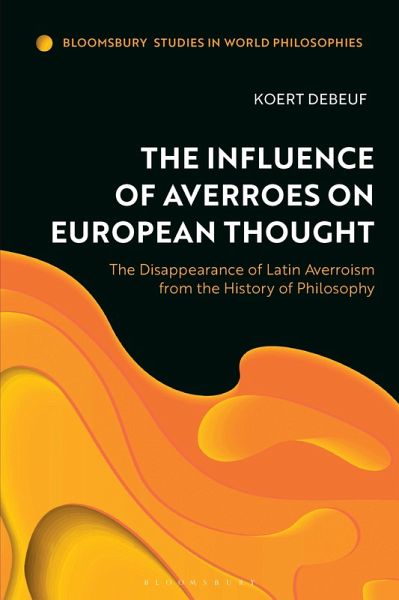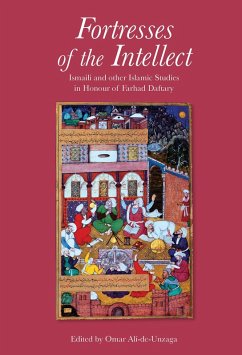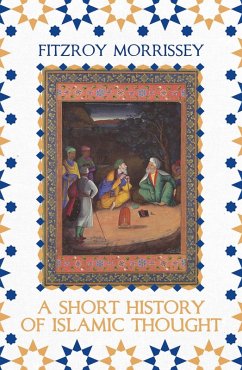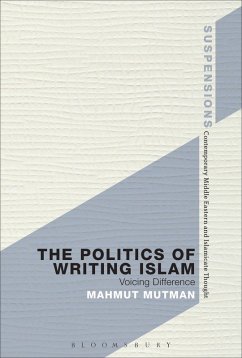
The Influence of Averroes on European Thought (eBook, ePUB)
The Disappearance of Latin Averroism from the History of Philosophy
Versandkostenfrei!
Sofort per Download lieferbar
70,95 €
inkl. MwSt.
Weitere Ausgaben:

PAYBACK Punkte
35 °P sammeln!
By exploring the influence of the Andalusian philosopher, Averroes or Ibn Rushd (1126-1198 AD) on European philosophy from the 13th to the 18th century, Koert Debeuf sheds light on a neglected side of the history of philosophy: the influence of Arabic thought on European philosophy. In this book Debeuf reveals the true extent of Averroes's role, showing it as much larger than we read about in popular histories of philosophy. His ideas have been followed, fought and discussed in Europe for centuries, deeply influencing generations of thinkers. Why has Averroes' role been forgotten? By focusing ...
By exploring the influence of the Andalusian philosopher, Averroes or Ibn Rushd (1126-1198 AD) on European philosophy from the 13th to the 18th century, Koert Debeuf sheds light on a neglected side of the history of philosophy: the influence of Arabic thought on European philosophy. In this book Debeuf reveals the true extent of Averroes's role, showing it as much larger than we read about in popular histories of philosophy. His ideas have been followed, fought and discussed in Europe for centuries, deeply influencing generations of thinkers. Why has Averroes' role been forgotten? By focusing on histories of philosophy written from the 17th to the 21st century, Debeuf provides a chronological overview that shows that Arabic philosophy was not just forgotten, but purposefully written out of the history of philosophy. Until the early Enlightenment most European thinkers were convinced that the history of philosophy was universalistic. That changed in the 18th century with the rise and dominance of Christian and European idea. Although the battle against Arabic philosophy started more than 700 years ago we see how it is still alive today. This much-needed study encourages us to challenge and reassess our existing ideas about the history of philosophy and Eurocentric interpretations of one of philosophy's major figures.













